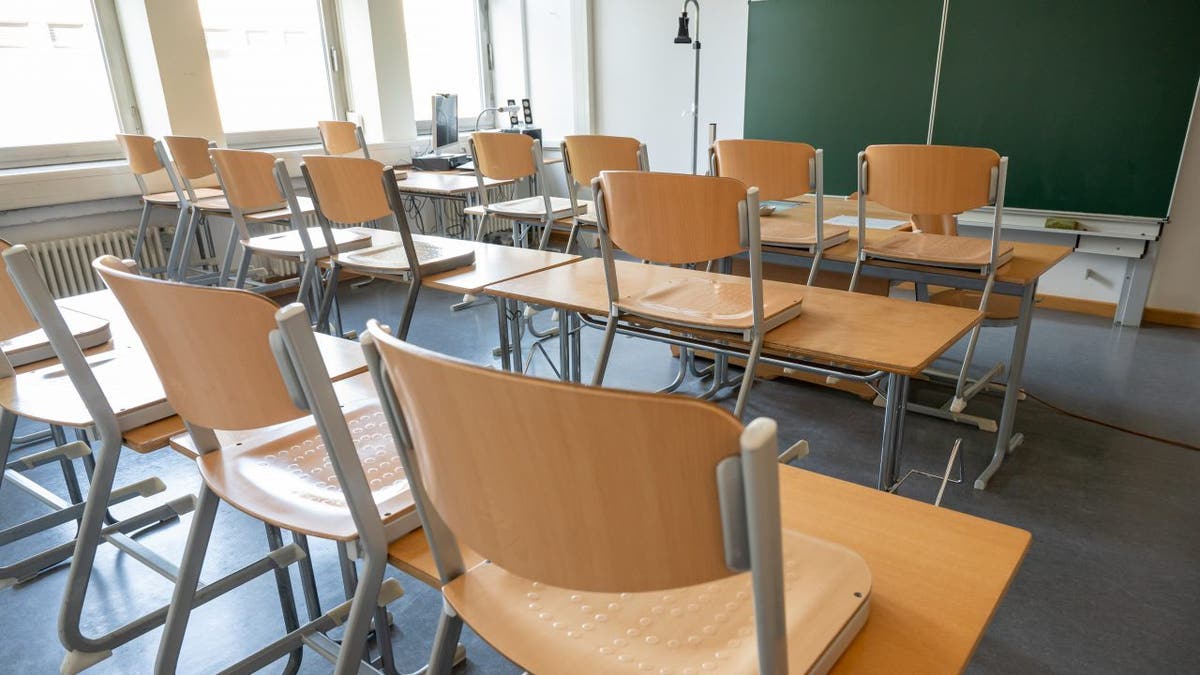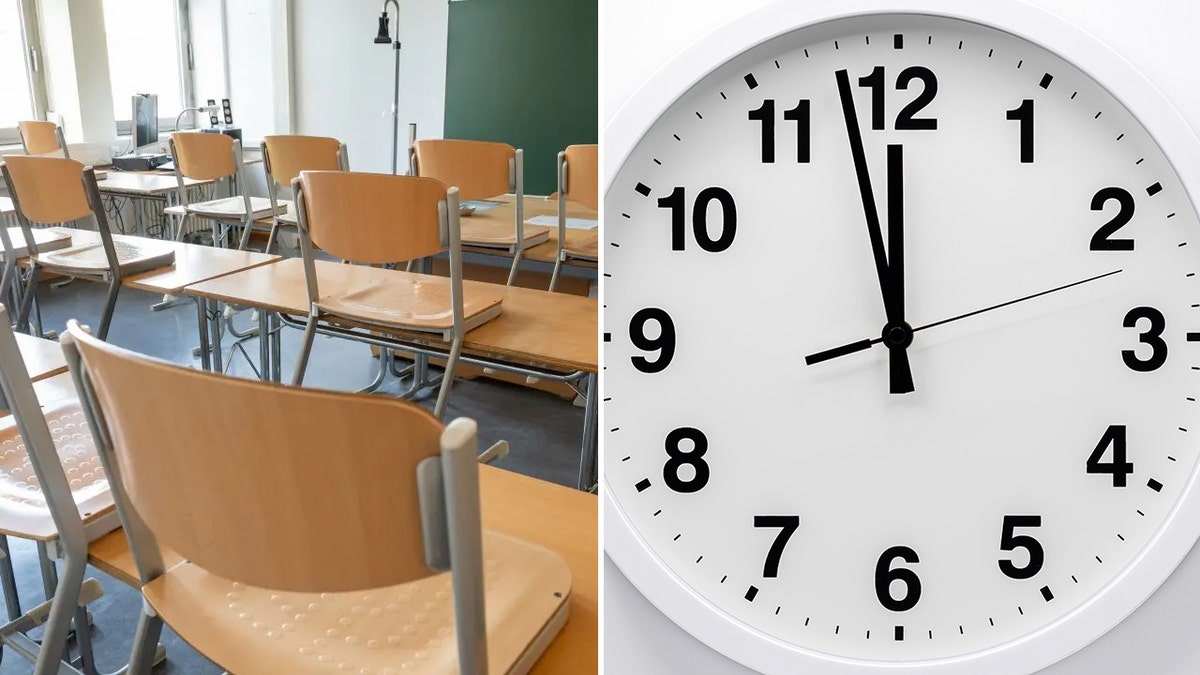The consequences of COVID lockdowns will last for decades: Dr. Houman Hemmati
Dr. Houman Hemmati discusses the harm COVID-19 lockdowns had on children and a health panel suggesting women should be screened for a mammogram at 40 on 'Fox News @ Night.'
The COVID-19 lockdowns lasted for weeks and even months for some people around the world — with many struggling through it mentally, physically and emotionally.
Now, a new study from the University of Aberdeen in Scotland has suggested that the 2020 pandemic lockdowns caused people to lose track of time — similar to what's been reported for prison inmates.
The study, done in May 2022, asked 277 participants to give the year in which memorable events occurred, as SWNS, a British news agency, reported of the findings.
Some of the events included Meghan Markle joining the royal family — and the finalization of Brexit.
Participants' memories of events that occurred further in the past were not very accurate, as SWNS reported of the research.

A new study suggested that people have lost track of time due to the pandemic lockdowns. (iStock )
Dr. Arash Sahraie, chair of the psychology department at the University of Aberdeen and a co-author of the study, said the inaccuracy coincided with the COVID-19 lockdowns, as SNWS reported.
WOMEN MORE LIKELY TO SUFFER FROM ‘LONG COVID,’ BUT HEALTHY HABITS CAN LOWER THE RISK
"Their perception of the timing of events that occurred in 2021, one year prior to the survey, was just as inaccurate as for events that occurred three to four years earlier," he said.

"The social isolation resulting from COVID-19 lockdowns significantly impacted people’s activities and emotions," said a co-author of the study. Many children were kept out of school during the lockdowns, while millions of adults were kept out of workplaces and meeting spots. (Peter Kneffel/picture alliance )
The lack of recollection was also associated with anxiety and depression, the researchers said.
COVID-19'S LASTING IMPACT: 'LESS ATTRACTIVE' PEOPLE WEAR MASKS MORE OFTEN THAN OTHERS, STUDY FINDS
"The social isolation resulting from COVID-19 lockdowns significantly impacted people’s activities and emotions," he said.
"Participants who made more errors in event timing were also more likely to show greater levels of depression, anxiety and physical mental demands during the pandemic, but less resilience," as SWNS also noted of his remarks.

The study suggested that the results could be compared to those of prison inmates. (iStock)
The findings were published in PLOS One, a peer-reviewed, open-access journal.
The professor noted that the results of the study were similar to those previously reported for prison inmates.
CLICK HERE TO SIGN UP FOR OUR LIFESTYLE NEWSLETTER
Prisoners behind bars are thought to have difficulty remembering times and days due to the lack of various indicators in their everyday life.
"In a landscape, if features are not clearly discernible, it is harder to place objects or yourself in relation to other features," he noted.

A new study from the University of Aberdeen in Scotland suggests that the COVID-19 pandemic lockdowns led to people losing track of time. (Getty Images/iStock)
The pandemic lockdowns were similar to this — when there were little or no signifying events such as birthdays, parties, sports games and more.
CLICK HERE TO GET THE FOX NEWS APP
The study also found that boredom was not significantly associated with timeline accuracy, according to SWNS.
Said Professor Sahraie as well, "People remember that events happened during the pandemic — they just don’t remember when."










































